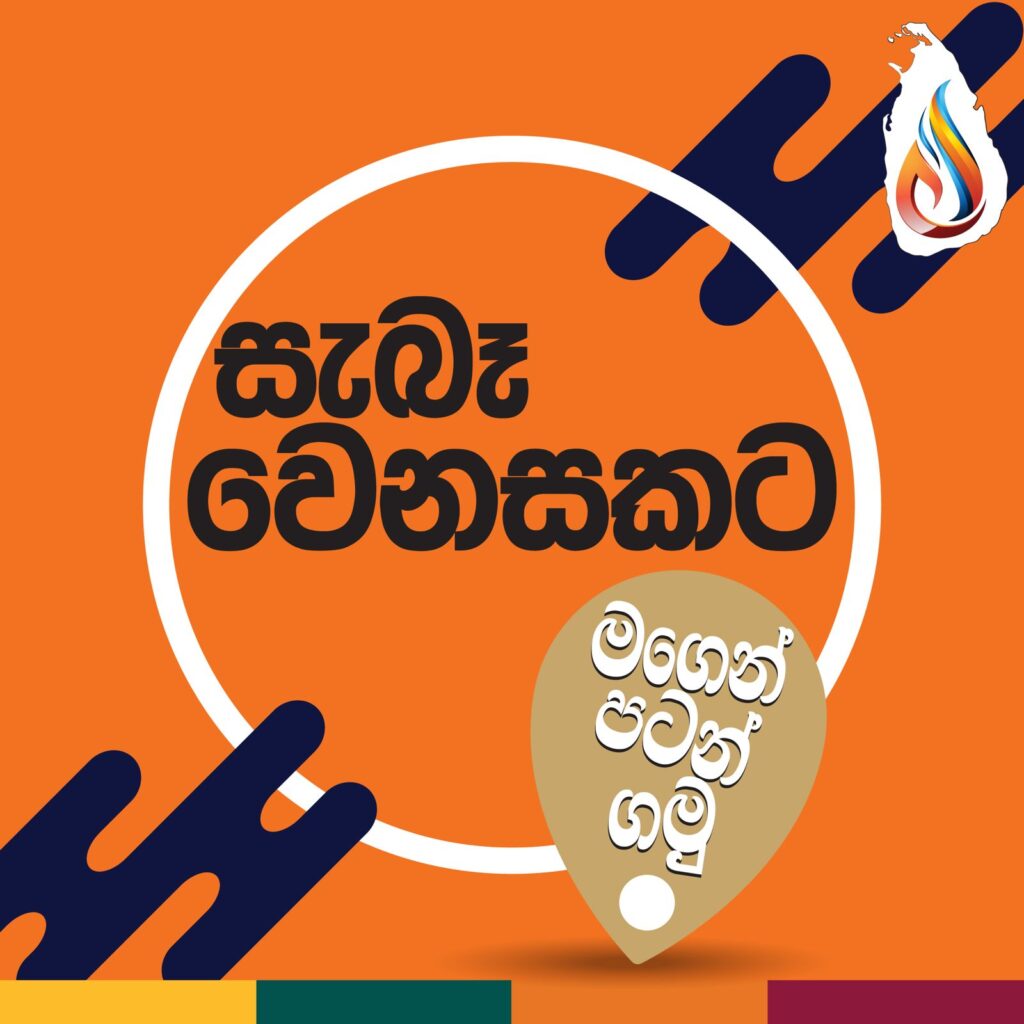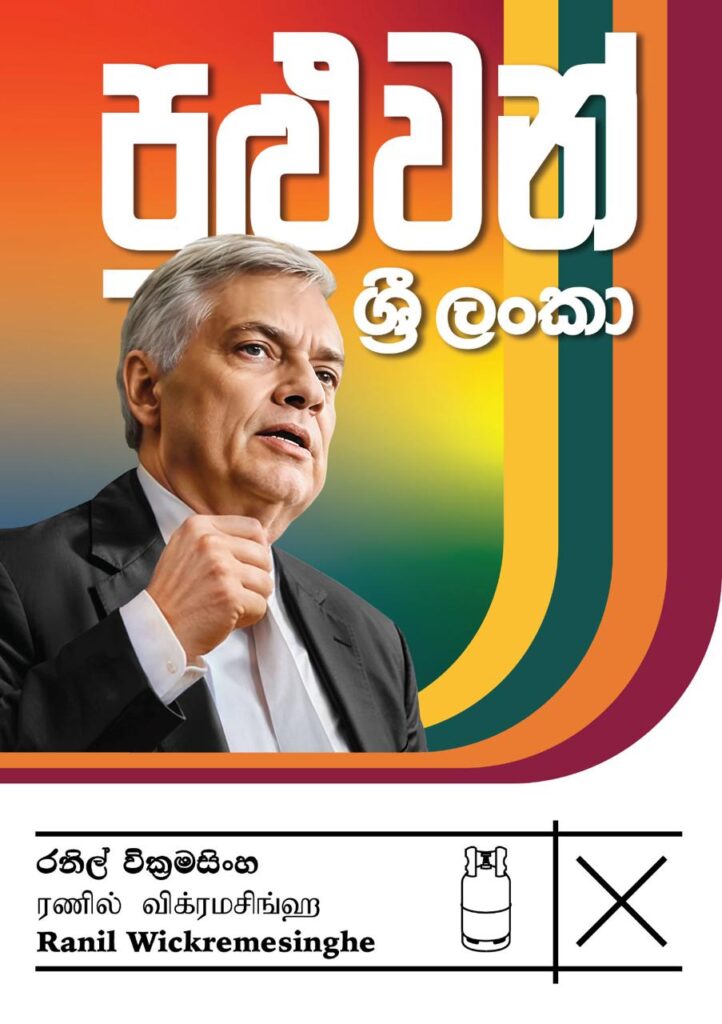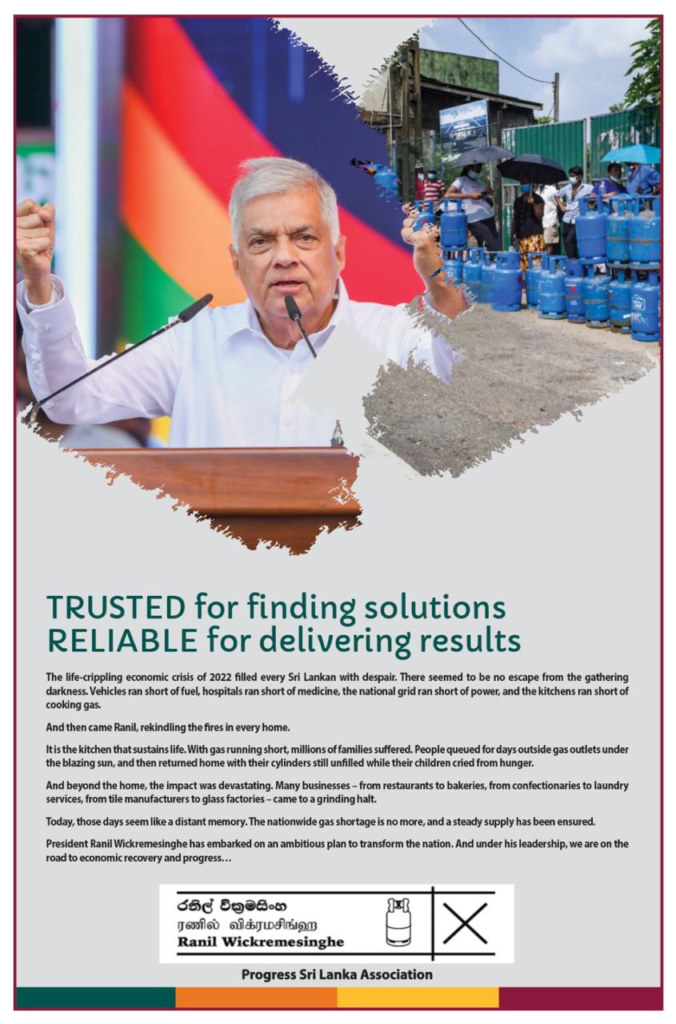September 11, Colombo (LNW): Sri Lanka has reaffirmed its dedication to constructive engagement with the United Nations Human Rights Council (UNHRC) and various international human rights mechanisms. Himalee Arunatilaka, Sri Lanka’s Permanent Representative to the UN in Geneva, voiced strong opposition to Human Rights Council Resolution 51/1, which authorized an external evidence-gathering mechanism without Sri Lanka’s consent.
Arunatilaka highlighted the country’s ongoing economic recovery following its most severe economic crisis, pointing out significant developments such as a 5.3% economic growth in the first quarter of 2024, a strengthened currency, and a sharp drop in inflation from over 70% in September 2022 to just 1.7% by June 2024. These advancements, she noted, have brought tangible benefits to the citizens of Sri Lanka.
While acknowledging the short-term negative impacts of budgetary cuts on vulnerable populations, Arunatilaka stressed that economic stability is key to ensuring the enjoyment of economic and social rights. Welfare programs like the “Aswesuma” cash transfer initiative and the national school nutrition program are aimed at cushioning these effects.
The Gulf Cooperation Council (GCC) nations praised Sri Lanka’s ongoing engagement with international human rights mechanisms.
During the 57th session of the UNHRC, Dr. Hind bint Abdulrahman Al Muftah, Qatar’s Permanent Representative to the United Nations Office in Geneva, delivered a statement on behalf of the GCC.
The Gulf nations expressed appreciation for Sri Lanka’s efforts to promote reconciliation, accountability for human rights violations, and economic recovery.
The GCC countries welcomed Sri Lanka’s positive interaction with human rights bodies and its establishment of the Joint Ministerial Permanent Committee on Human Rights, responsible for implementing international recommendations.
They also commended the country’s efforts to provide social support to poor families and bolster food security.
The GCC urged Sri Lanka to continue its progress with legislative reforms and to foster national reconciliation through effective dialogue. They also called for continued support through technical cooperation, capacity building, and constructive dialogue to enhance reconciliation and economic prosperity.
Transitioning from a debt-driven economic crisis toward stabilization and inclusive growth involves budgetary restrictions, which cause unfortunate short-term adverse impacts on various segments of society, particularly the vulnerable, Himalee Arunatilaka said. .
This is an unavoidable consequence of the financial crisis and the stringent measures required for economic recovery—a reality not unique to Sri Lanka. Strengthening the economy is vital to the enjoyment of economic and social rights as well as the right to development.
Welfare measures, such as the *Aswesuma* cash transfer program, which will support nearly two million people in 2024, the national school nutrition program, which covers 1.6 million students, and the *Urumaya* land ownership scheme, which aims to grant freehold titles to all communities across 25 districts,mitigate the effects of fiscal austerity on vulnerable groups.
In parallel with our economic recovery, the Government continues to take steps to heal past wounds and to address the residual issues affecting civilians from all communities arising from decades of conflict.
To promote national unity and reconciliation among our diverse communities, domestic initiatives such as the Office on Missing Persons (OMP), the Office for National Unity and Reconciliation (ONUR), the Office for Overseas Sri Lankans, and the Interim Secretariat for the Truth and Reconciliation Mechanism (ISTRM) have been established.




